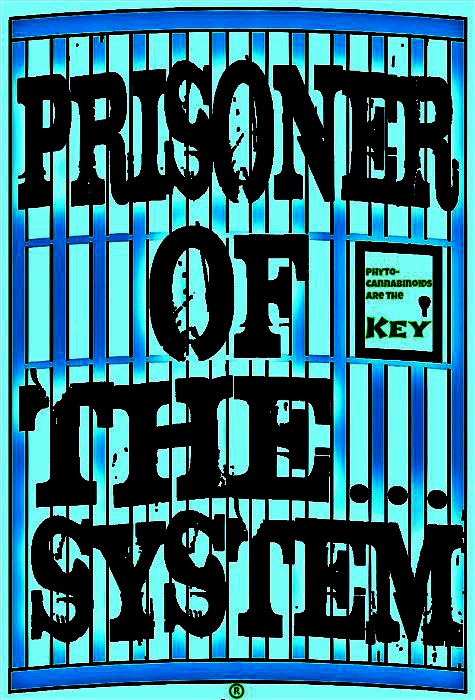2006 Apr;50(5):621-31. Epub 2005 Dec 28.
 Cannabidiol-induced intracellular Ca2+ elevations in hippocampal cells.
Cannabidiol-induced intracellular Ca2+ elevations in hippocampal cells.
Abstract
The phytocannabinoid cannabidiol (CBD) is at the forefront of therapeutic cannabinoid research due to its non-psychotropic properties. Research supports its use in a variety of disorders, yet the cellular mechanisms of its action remain unclear. In this study, the effect of CBD upon Ca2+ homeostasis in hippocampal cells was characterised. CBD (1 microM) elevated intracellular Ca2+ ([Ca2+]i) by approximately +45% of basal Ca2+ levels in both glia (77% responders) and neurones (51% responders). Responses to CBD were reduced in high excitability HEPES buffered solution (HBS), but not affected in low excitability/low Ca2+ HBS. CBD responses were also significantly reduced (by 50%) by the universal Ca2+ channel blocker cadmium (50 microM) and the L-type specific Ca2+ channel blocker nifedipine (20 microM). Interestingly, intracellular store depletion with thapsigargin (2 microM) had the most dramatic effect on CBD responses, leading on average to a full block of the response. Elevated CBD-induced [Ca2+]i responses (>+100%) were observed in the presence of the CB1 receptor antagonist, AM281 (1 microM), and the vanilloid receptor antagonist, capsazepine (CPZ, 1 microM). Overall, our data suggest that CBD modulates hippocampal [Ca2+]i homeostasis via intracellular Ca2+ stores and L-type VGCC-mediated Ca2+ entry, with tonic cannabinoid and vanilloid receptor signalling being negatively coupled to this pathway.
- PMID:
- 16386766
- [PubMed – indexed for MEDLINE]
-
Publication Types, MeSH Terms, Substances
Publication Types
MeSH Terms
- Animals
- Animals, Newborn
- Cadmium/pharmacology
- Calcium/metabolism*
- Calcium/pharmacology
- Calcium Channel Blockers/pharmacology
- Cannabidiol/pharmacology*
- Cells, Cultured
- Drug Interactions
- Enzyme Inhibitors/pharmacology
- Fura-2/analogs & derivatives
- Fura-2/pharmacokinetics
- Hippocampus/cytology*
- Intracellular Space/drug effects*
- Models, Neurological
- Morpholines/pharmacology
- Neuroglia/drug effects
- Neuroglia/metabolism
- Neurons/cytology
- Neurons/drug effects*
- Nifedipine/pharmacology
- Pyrazoles/pharmacology
- Rats
- Rats, Sprague-Dawley
- Thapsigargin/pharmacology
- Time Factors
Substances
LinkOut – more resources
Full Text Sources
Other Literature Sources
Molecular Biology Databases


